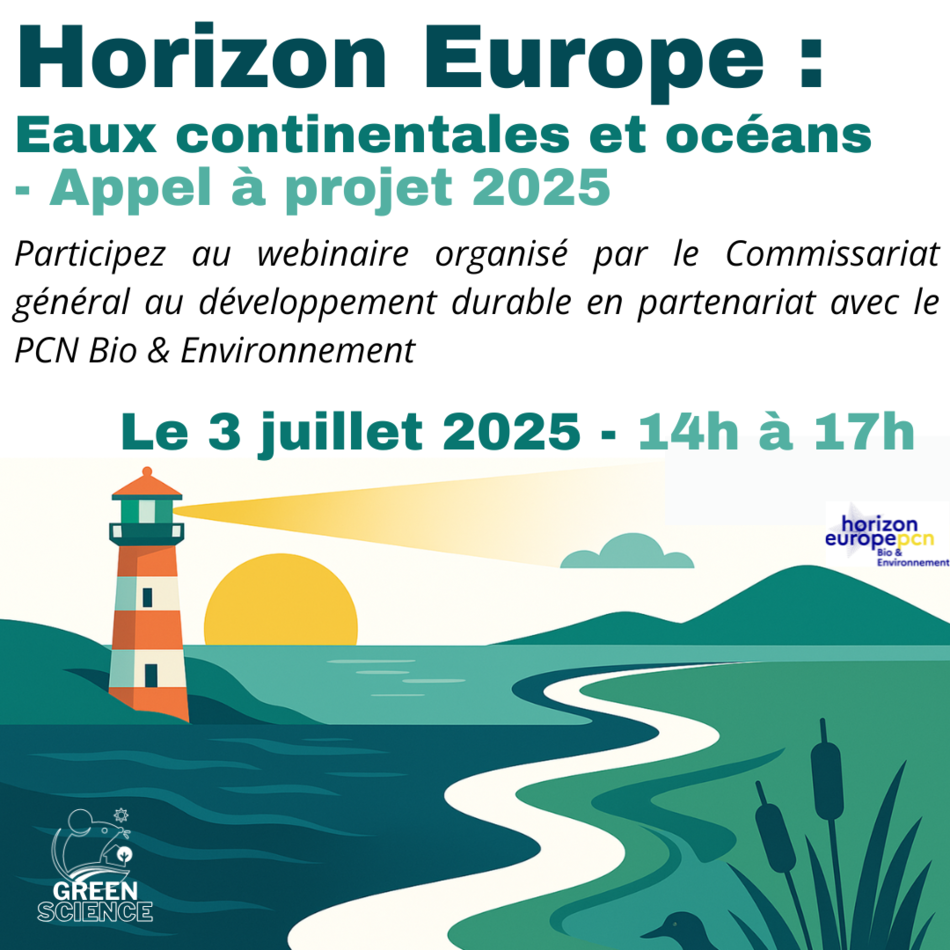Expected Outcome:
Project results are expected to contribute to all the following expected outcomes, except where options are mentioned:
- Integration of renewable thermal energy sources or industrial waste heat into more energy-, emissions-, cost- and space-efficient conversion systems generating cold for several industrial sectors and processes, maximising primary energy savings and CO2 emission reduction compared to present state-of-the-art, thereby reducing fossil fuel imports dependency.
- Optionally: integration of heat storage, of renewable electrical energy sources; integration of district heating or cooling network.
- Optionally: combined generation of heat and cold for industrial processes.
Scope:
Increasing the efficiency of the cooling systems and reducing costs, coupling the cooling systems with renewable energy sources, and harnessing available industrial waste heat (including from data centres), can contribute to reduce the environmental impact and make the industrial sectors more competitive and less dependent on fossil fuel imports.
In order to reach this goal, all the following development areas need to be covered:
- Identify the target industrial processes which would benefit from the integrated cooling systems; assess the impacts on these processes in terms of energy savings and GHG and air pollutant emissions reductions in the EU (and Associated States, if data are available), so as to maximise the impact and coverage of the most promising solutions in the subsequent optimisation and demonstration steps. A preliminary assessment is expected at proposal stage.
- Improve the refrigeration system efficiency and environmental friendliness, for example: improve the control system and operating strategies; develop internal recoveries for refrigeration plants (e.g. vapour compression plants); environment friendly materials and working fluids and novel heat exchangers for refrigeration systems (e.g. absorption systems). Optionally: combine the generation and use of both heat and cold.
- Integrate and demonstrate the refrigeration system in an industrial application in at least one industrial sector, including the mandatory integration of on-site or near-by solar thermal or geothermal plants with minimisation of the space needed. Optionally also: harvesting of industrial waste heat; thermal storage; cold transportation; integration of renewable electrical energy sources, with possible electrical demand flexibility for contributing to the stabilisation of the electrical grid; integration of district heating or cooling network.
- Identify the potential barriers to the deployment of the integrated cooling solutions due to thermal renewables variability, investigating notably other mitigation alternatives than gas-fired backups, such as insurance mechanisms to alleviate the financial risk for the company. Identify non-technical barriers due to the local regulatory framework in the EU Member States and Associated Countries.
- Make an analysis of the potential industrial applications and related benefits (technical, economic, climatic, environmental) of integrated cooling solutions in at least four different industrial processes, in the EU and (if data are available) in the Associated States and, by extrapolation, at global level.
- Define an exploitation strategy. For proposals submitted under this topic, the plan for the exploitation and dissemination of results should include a strong business case and sound exploitation strategy, as outlined in the introduction to this Destination. The exploitation plans should include preliminary plans for scalability, commercialisation, and deployment (feasibility study, business plan) indicating the possible funding sources to be potentially used (in particular the Innovation Fund).
- Disseminate the technical and economic benefits, notably (but not only) to the communities of the relevant Horizon Europe private-public partnerships.





